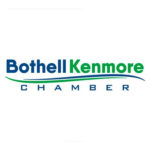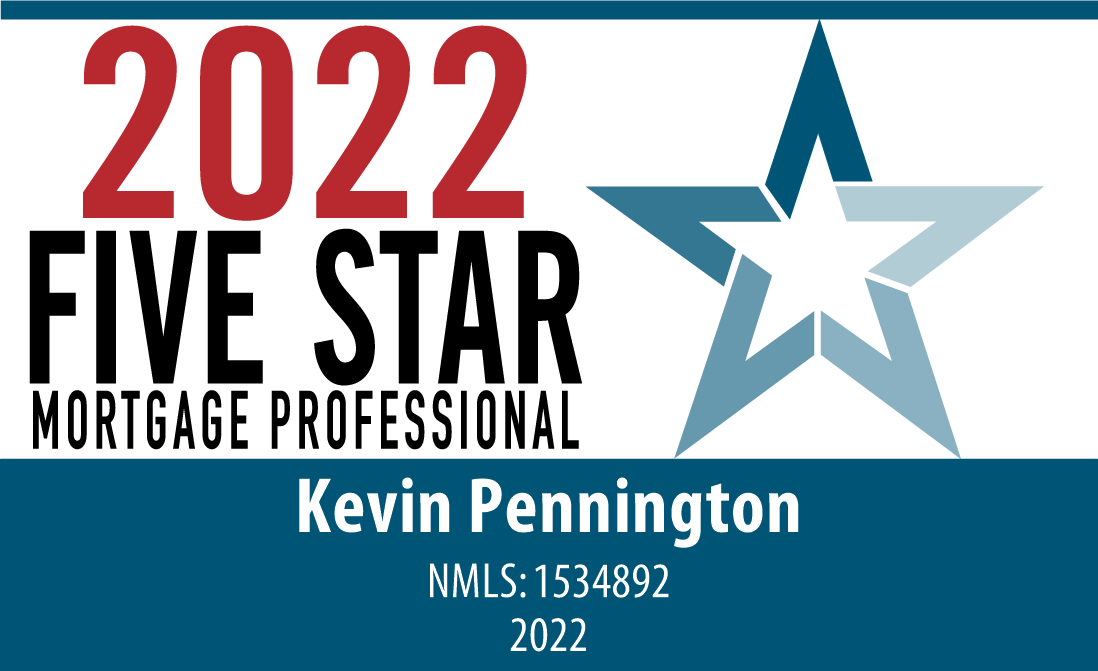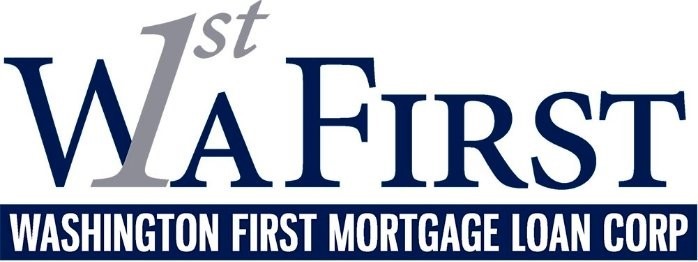What are Closing Costs on a House?
When you buy a home, you should be prepared to pay closing costs. Put simply, closing costs are fees you pay on closing day to finalize the transaction. These fees may cover title insurance, government processing fees, upfront tax payments, homeowners insurance, and lender expenses.
You’ll need to budget for closing costs in addition to a down payment and pay them through a cashier’s check or wire transfer. Let’s take a closer look at what closing costs are and how they work.








